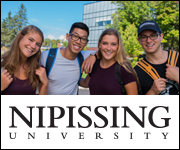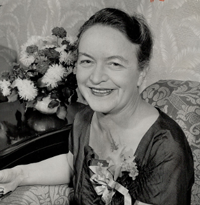As you refresh yourselves over the holidays, we hope that you can remember to protect your own wellness and wellbeing. Dr. Astrid Kendrick states in her article "Love, Heartbreak, and Teacher Emotional Well-being Protecting the “heartwork” of teaching" that stakeholders, such as parents, educational assistants, teachers, school administrators, and system leaders, can all play a role in promoting emotional health within the school system. Simply recognizing that providing emotional labour is a part of educator professionalism is a first step. The ethical next step is to find ways to ensure that when educators have provided intense emotional labour, they are provided with a safe place during their work day – through uninterrupted time, in a physical location, or with a trusted friend – to release their emotions in a healthy manner.
Her research has shown that educators have had several suggestions that could be implemented in school settings, many of which involve small, cheap tweaks to the work day:
- More breaks, less emails, less demanding extracurriculars: we are spread too thin. We are getting away from actually being present and focused on our students.
- Reduce the workload, increase opportunities for teachers to have calm in their day.
- Class sizes (especially given the increasing diversity of our population) need to be reduced. Special needs students need to be supported.
- Respect teacher transition time… Allow the teacher a few minutes before the next class comes in.
- Ensure each staff member has a defined break period each day. Reduce expectations during break times so that breaks are actually breaks. Don’t organize so many meetings; give teachers the time they need to prep and decompress.
- Offer activity and sport opportunities for staff during the work day and/or on non-instructional days. Create a staff work-out space.
- Increase supports for teachers who are struggling mentally.
- Carefully team up teachers to create support systems.
- Create a Zen room that teachers can go to.
- Say thank you and recognize successes.
- We need a strong champion for teachers in the media.
For the complete article, read more here.
Conestoga College is accepting applications for our tuition-free Pre-Apprenticeship Training program. Funded by the Government of Canada, the program will prepare students for in-demand careers and will provide a head start for those wishing to achieve apprenticeship certification.
Welder/ Metal Fabricator
Waterloo campus
Starting April 2020
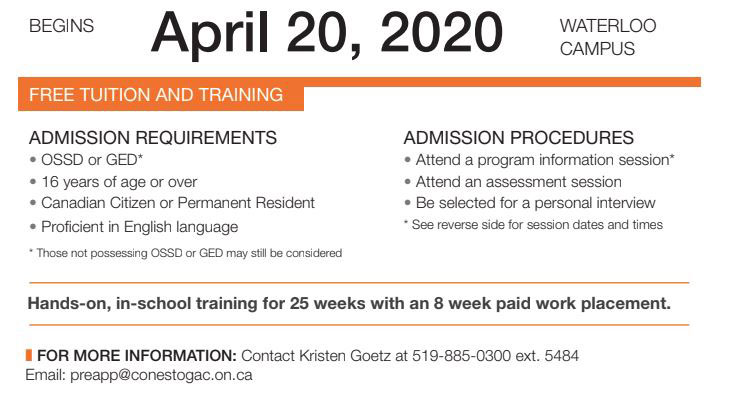 Starting in April 2020, the Pre-Apprenticeship Welder/ Metal Fabricator program will be offered at Conestoga's Waterloo campus and runs full-time during the day for 25 weeks. This program includes multiple trade exposure with Welder and Metal Fabricator, common core Level 1 apprenticeship in-class training and features an additional eight-week practical work placement experience. Starting in April 2020, the Pre-Apprenticeship Welder/ Metal Fabricator program will be offered at Conestoga's Waterloo campus and runs full-time during the day for 25 weeks. This program includes multiple trade exposure with Welder and Metal Fabricator, common core Level 1 apprenticeship in-class training and features an additional eight-week practical work placement experience.
Information sessions will be held at the Waterloo campus, and all potential candidates must attend one information session. Here are all the details.
OSCA/ACOSO is pleased to offer Additional Qualifications Part 1, Part 2, Part 3 (Specialist) for Guidance and Career Education this winter!
Taught by a current Guidance-Teacher Counsellor in an Ontario school, these courses use an online virtual classroom setting, making the courses accessible for all. These courses outline all the necessary practices for delivery of a comprehensive Guidance and Career Education program for your school. There is no textbook in any of these courses. Each registrant receives the current copy of OSCA's Ethical Guidelines and a one year AQ student subscription to OSCA/ACOSO.
Course dates : January 6th to March 30th. Cost: $650.
Please visit the rolling banner, on OSCA's website to register at www.osca.ca. Please note, a person may take one part per session. Courses run pending enrollment.
 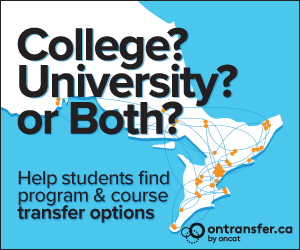
|

|
  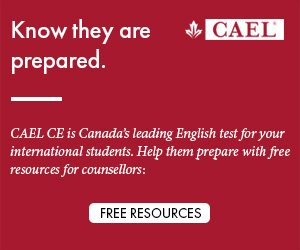
|

|

Category
Contribution to Guidance and Career Education
When to Apply
Nominations for this certificate may be accepted all year long.
History
The Award of Merit was first presented in the spring of 1972. In 1977 the OSCA Board of Directors passed a resolution to rename this award The Olive Diefenbaker Award of Merit to honour the late Mrs. Diefenbaker''s contribution to Guidance and Counselling in the Province of Ontario. The first awards were presented by her daughter during the 1977 Annual Conference at Niagara Falls in November. The citation on The Olive Diefenbaker Award of Merit reads: "In recognition of long and dedicated service to guidance and counselling in the Province of Ontario"
This award is to recognize retiring individuals who have made a contribution to the Counselling and Guidance Profession in Ontario
Criteria
This award may be presented to teacher-counsellors, teachers, administrators, trustees and/or members of the community
An OSCA member must nominate the retiree
The nominee should:
- Be retiring
- Have been involved in Guidance and Career Education in Ontario for a minimum of five years.
- Have demonstrated leadership in guidance through active participation in professional development, counsellor education, administrative support, promotion of guidance, professional writing, research, or in contributing to professional guidance and counselling organizations.
The awards will be mailed to the nominator for presentation by the nominator or by another OSCA member appointed by the nominator. These awards are often presented at retirement functions rather than the Awards Banquet. However, the names of the recipients of The Olive Diefenbaker Awards may be noted in the official program of the OSCA Conference.
Procedure
- Nominations for this award must be submitted by an OSCA member
- Nominations should be received six weeks in advance of the presentation date in order for sufficient timing for certificate arrival .
Nominate a retiring colleague.
|



 Starting in April 2020, the Pre-Apprenticeship Welder/ Metal Fabricator program will be offered at Conestoga's Waterloo campus and runs full-time during the day for 25 weeks. This program includes multiple trade exposure with Welder and Metal Fabricator, common core Level 1 apprenticeship in-class training and features an additional eight-week practical work placement experience.
Starting in April 2020, the Pre-Apprenticeship Welder/ Metal Fabricator program will be offered at Conestoga's Waterloo campus and runs full-time during the day for 25 weeks. This program includes multiple trade exposure with Welder and Metal Fabricator, common core Level 1 apprenticeship in-class training and features an additional eight-week practical work placement experience.



